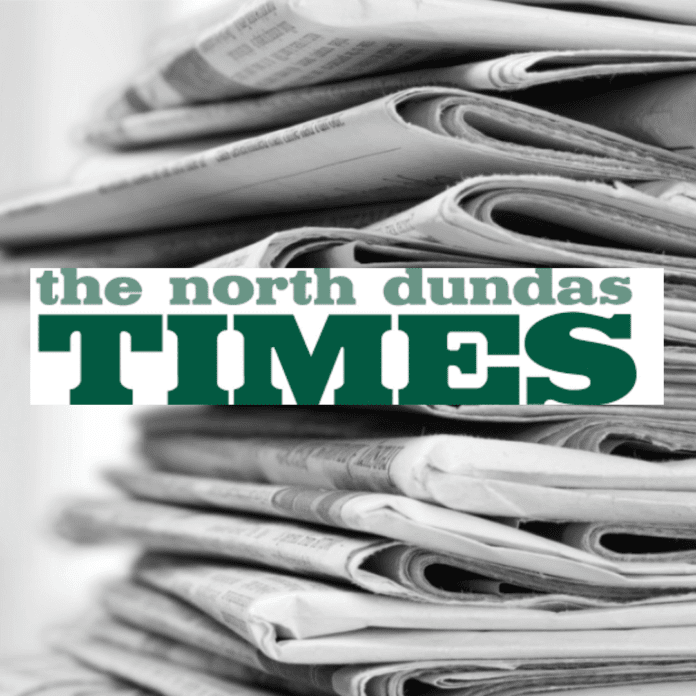In response to evolving data around the transmissibility of the Delta variant and based on the recent experiences of other jurisdictions, the Ontario government, in consultation with the Chief Medical Officer of Health, is taking action to mandate vaccination for high-risk sections of the population.
This includes making COVID-19 vaccination policies mandatory in high-risk settings, pausing the province’s exit from the Roadmap to Reopen, and providing third doses of the COVID-19 vaccine to vulnerable populations. The government is also expanding eligibility for the Pfizer vaccine to children born in 2009 or earlier.
The Chief Medical Officer of Health has issued a directive mandating hospitals and home and community care service providers to have a COVID-19 vaccination policy for employees, staff, contractors, students and volunteers, and for ambulance services to have a COVID-19 vaccination policy for paramedics.
The vaccination policy must be effective no later than September 7, 2021, and, at a minimum, will require these individuals to provide proof of one of three things: full vaccination against COVID-19; a medical reason for not being vaccinated against COVID-19; or completion of a COVID-19 vaccination educational session.
Individuals who do not provide proof of full vaccination against COVID-19 will be required to undertake regular antigen testing. These settings will be required to track and report on the implementation of their policies to the provincial government. This is similar to the vaccination policy requirements currently in place for long-term care homes.
As part of the return to school plan, the Ministry of Education intends to introduce a vaccination disclosure policy for all publicly-funded school board employees and staff in private schools, as well as for all staff in licensed child care settings for the 2021-22 school year, with rapid antigen testing requirements for staff who are not immunized against COVID-19.
The government is also working with public health units and publicly funded school boards to run voluntary vaccination clinics in, or nearby, schools to make vaccines more convenient and accessible for eligible students, their families, educators and school staff returning to school this fall.
Vaccination policies will also be implemented in other higher-risk settings such as post-secondary institutions; licensed retirement homes; women’s shelters; and congregate group homes and day programs for adults with developmental disabilities, children’s treatment centres, and other services for children with special needs, and licensed children’s residential settings.
As an additional measure, based on the recommendation of the Chief Medical Officer of Health and other health experts, the province will begin offering third doses of the COVID-19 vaccine to those at highest-risk, providing them with an extra layer of protection against the Delta variant.
This includes transplant recipients (including solid organ transplant and hematopoietic stem cell transplants); patients with hematological cancers (examples include lymphoma, myeloma, leukemia) on active treatment (chemotherapy, targeted therapies, immunotherapy); recipients of an anti-CD20 agent (e.g. rituximab, ocrelizumab, ofatumumab); and residents of high-risk congregate settings, including long-term care homes, higher-risk licensed retirement homes and First Nations elder care lodges.
Locations and timing for third doses will vary by public health unit and high-risk population, based on local planning and considerations, with some beginning as early as this week where opportunities exist.
Since August 18, all children turning 12 years old before the end of 2021 have been eligible to receive their first dose of COVID-19 vaccine and can book their appointment through the provincial booking system, through their public health unit, or pharmacies, or can walk-in to vaccination clinics across the province.
“Keeping a low rate of infection in our communities and protecting our most vulnerable is how we can keep our schools, our businesses and our social settings as safe as possible while minimizing disruption”, said Dr. Kieran Moore, Chief Medical Officer of Health. “To provide the best protection to each individual while learning to live with the virus, we are taking action by requiring individuals who work in higher-risk settings to be fully vaccinated, by providing a third dose of a COVID-19 vaccine to certain groups who have a decreased immune response, and by expanding the eligibility to the children born in 2009 or earlier.”
The province has reached more than 81% of Ontarians aged 12 and over with a first dose, and is expected to reach its target of 75% vaccinated with a second dose later this month.
The government, in consultation with the Chief Medical Officer of Health, is pausing the exit from the Roadmap to Reopen.
The Chief Medical Officer of Health and other health experts will continue to monitor the data to determine when it is safe to exit the Roadmap and lift the majority of public health and workplace safety measures currently in place.


